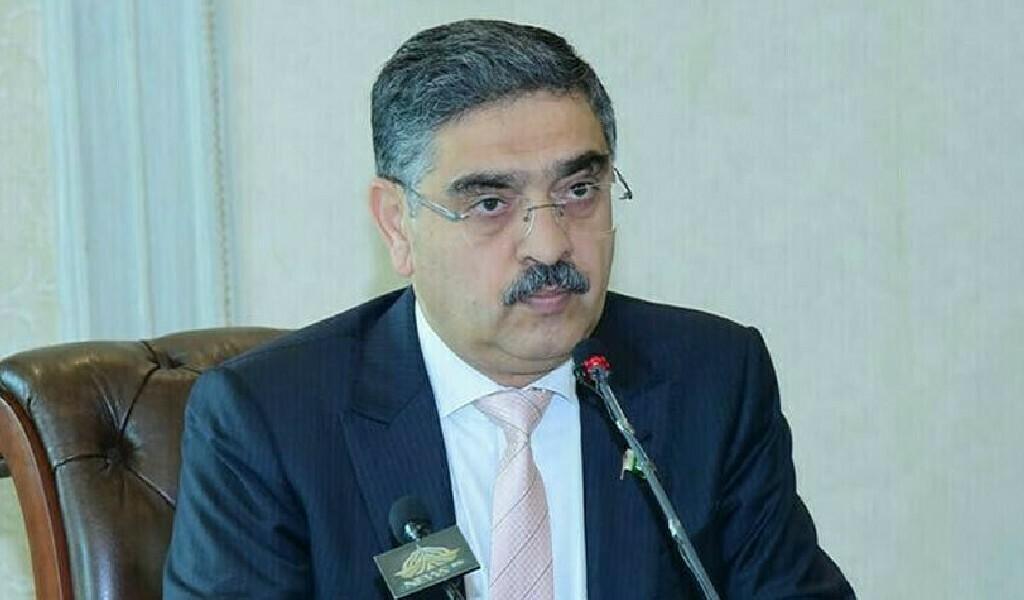In a letter to Afghanistan’s interim Prime Minister, Mullah Muhammad Hasan Akhund, Pakistan’s Caretaker Prime Minister, Anwaar-ul-Haq Kakar, emphasized the importance of working together to achieve common goals. This communication comes at a time of rising tension between the two nations due to cross-border terror attacks.
PM Kakar highlighted the close fraternal relations between Pakistan and Afghanistan as neighboring countries with deep-rooted ties in religion, culture, and history. He expressed Pakistan’s commitment to strengthening bilateral, political, security, and economic relations with Kabul.
Recently, Pakistan raised concerns about the misuse of the transit trade agreement by the interim Afghan government. Pakistan’s Foreign Office emphasized the need for customs authorities to ensure that border trade adheres to existing agreements and Pakistani laws. They also acknowledged the increasing trade activity facilitated by Pakistan.
These developments follow a clash between the security forces of both countries on September 6, resulting in the temporary closure of the Torkham border. Additionally, diplomatic sources revealed that the Afghan Prime Minister had congratulated Kakar on assuming his caretaker prime minister role, a gesture that was acknowledged and appreciated.
PM Kakar underscored Pakistan’s role in promoting lasting peace in Afghanistan and the region, engaging with the Afghan Taliban and the international community. He mentioned the Taliban’s commitment under the Doha agreement not to use Afghan soil for terrorism and efforts to address transit issues and illegal trade.
Regarding terrorist activities originating from Afghan soil, PM Kakar asserted Pakistan’s right to defend against such threats and take necessary measures to protect its people and land, while also expressing willingness to make appropriate decisions when needed.
Overall, the letter and subsequent statements reflect Pakistan’s commitment to fostering positive relations with Afghanistan despite challenges, with an emphasis on collaboration and regional trade connectivity.


